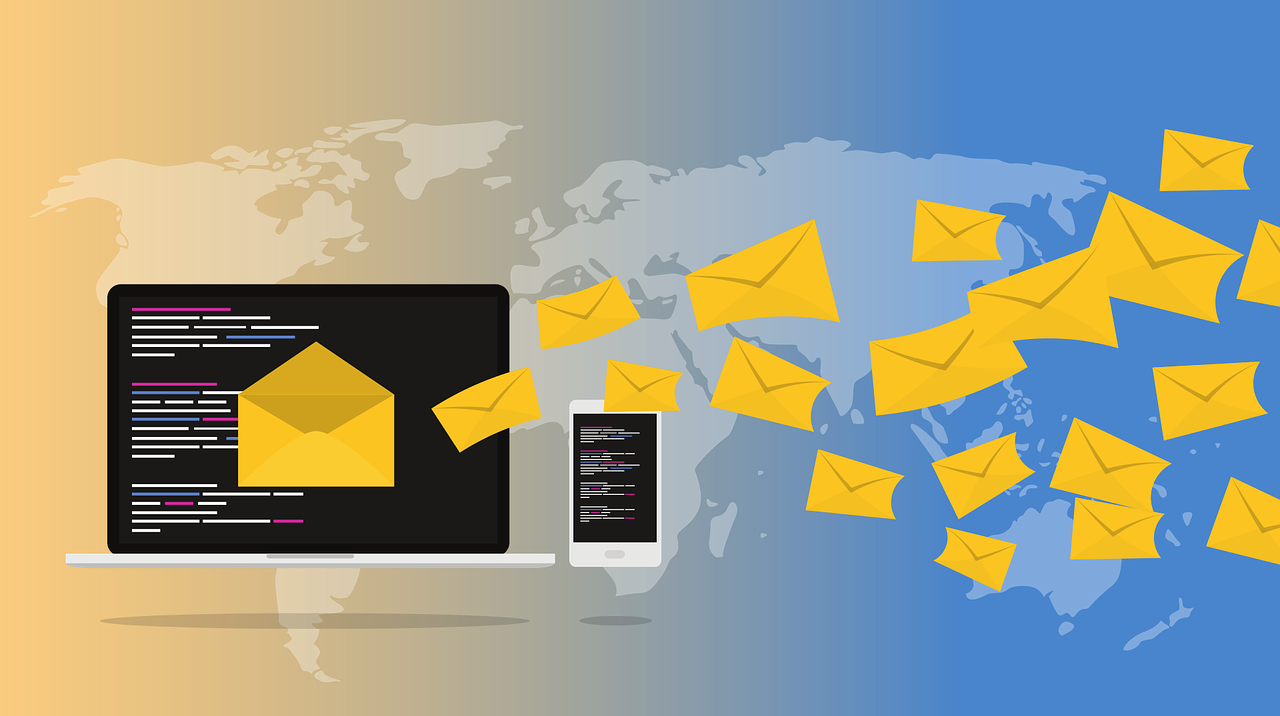
With nearly 300 billion emails sent each year, email has become the most widely used means of communication in the world. Thus, emails take place in a personal but also professional context. This is why emails are used to transfer data from customers of certain companies (banks, insurance companies, transport companies, travel agencies, online shops, etc.).
In this flow of information exchanged by email, customers’ personal information (bank card codes, contact details) becomes vulnerable information that can fall into the hands of malicious people, such as cybercriminals.
Therefore, all this sensitive data requires secure messaging to ensure the protection of your emails in Gmail. In this article go here, we will give you some important tips for keeping your emails secure in Gmail.
Protect access to your account:
Strengthen your passwords by following these five simple tips:
- Create a strong password.
- Keep it secret.
- A single password for each use.
- Enable two-factor authentication.
- Lock your devices and accounts when you’re not using them.
Most email services allow you to activate double authentication (on Gmail / on Outlook).
It is imperative to disconnect from your account after each use (rather than closing the window) and uncheck the option “Connect automatically” if you use a device or a Wi-Fi connection that is not yours or shared. It is also recommended for devices that you use alone if you want to increase their level of protection.
One trick to avoid having a single email account at the center of all your online activities is to create an email address for each use you make of it. It is recommended that creating:
- Buy email address for services and people you trust (family, professional network).
- A second address under a nickname for social networks.
- A third address also under a nickname (preferably different) for less important services such as contests, loyalty cards, etc.
It is not recommended to use your email as a storage space, particularly for sensitive data (payslips, proof of identity sent, which may contain your postal address, passwords). It is preferable to use a cloud service secured by a strong password or an external hard drive.
For a higher level of security, you can encrypt your emails in Gmail so that they cannot be intercepted:
- By installing an extension (for example, Mailvelope, available in English on Chrome and Firefox)
- By directly using an encrypted email address provider like Tutanota.
- By downloading and configuring the Thunderbird software as explained here.
Protection software (antivirus, firewall, anti-spyware, etc.) is easy to install and provides effective protection against hacking. However, you have to remember to make the updates!
Learn how to spot suspicious emails. No matter how professional an email looks, be careful:
In the displayed name of the sender. Instead, check the legitimacy of the domain name of the email address (i.e., what is after “@,” for example, @ ameli.fr).
To emails asking you for personal information, usernames, passwords, identity documents, etc.
Attachments you weren’t expecting. Most antivirus programs allow you to scan them directly without downloading them.
To the links received. Hover over it (without clicking) to display the entire link and spot fake sites (for example, “infocaf.org” rather than “caf.net”). A second step to gauge the legitimacy of the links and copy them to the Virus Total site. To do this, use the right-click to copy the link (be careful with the left click, you might open the link!).
What to do if you are faced with a suspicious email?
Do not open links or attachments, and do not reply to the mail. If the sender is a friend, you can ask them for confirmation by another means of contact.
Report this email as “Junk mail,” or put it in the trash of your mailbox.
As a general rule, instead of using a link sent by email by a banking or administrative service, it is preferable to go directly to the site and connect to your private area (except in the case of resetting the past password).
Also, remember to secure the password of your Cloud synchronized with your email. If you suspect that spyware could be installed on your device, allowing access to your emails.
Click here for more interesting articles